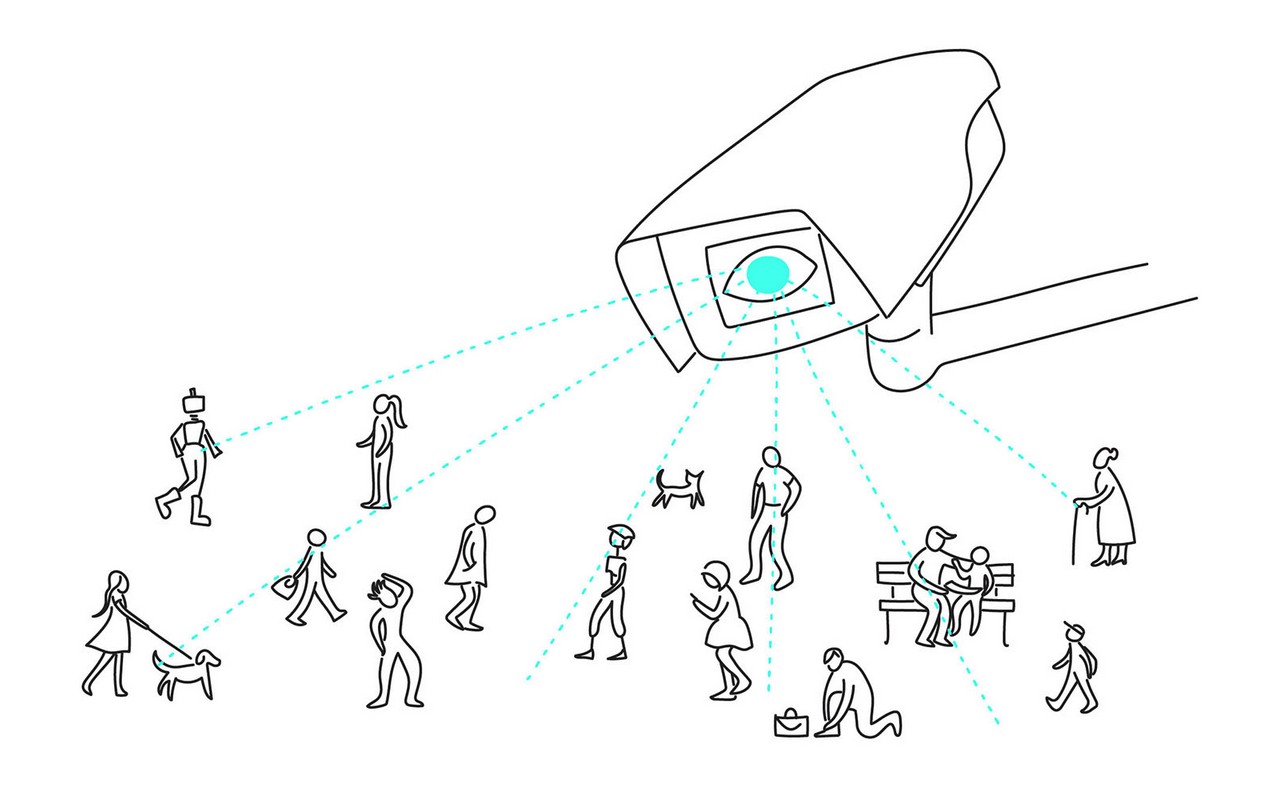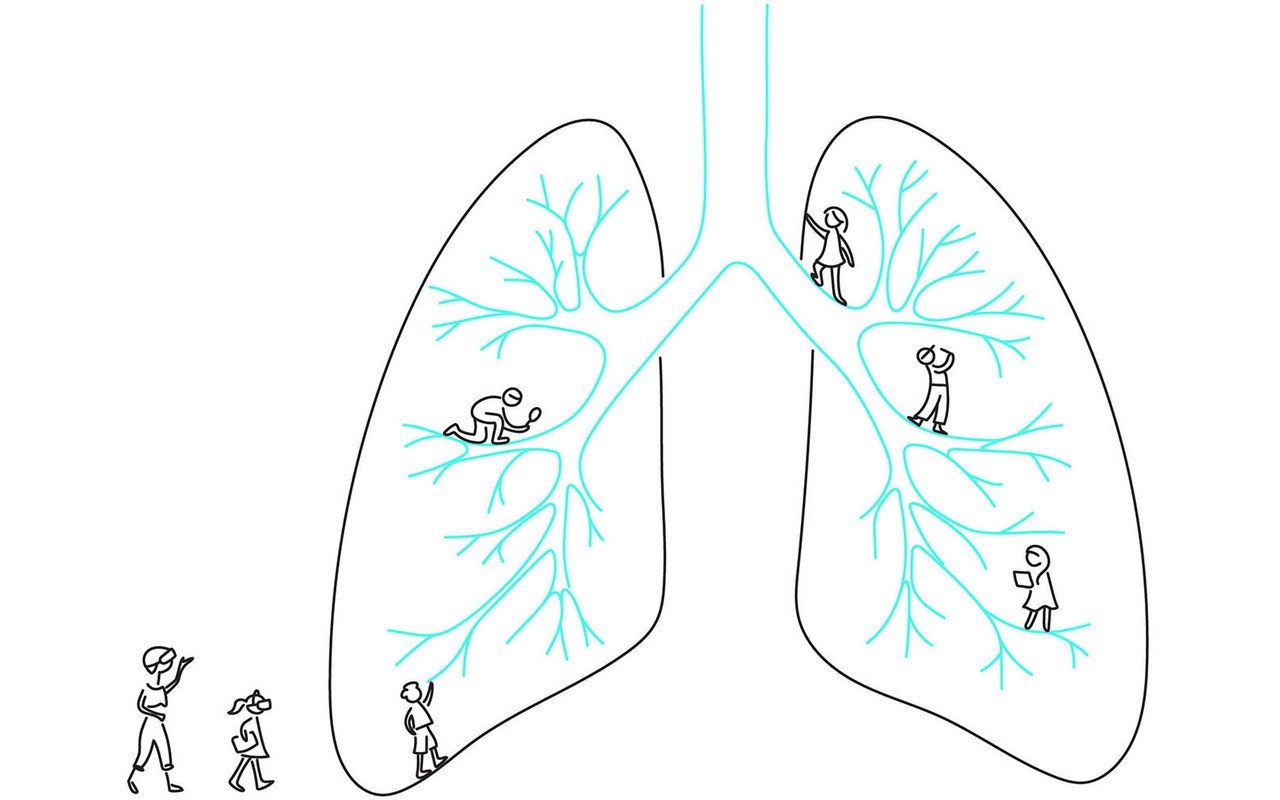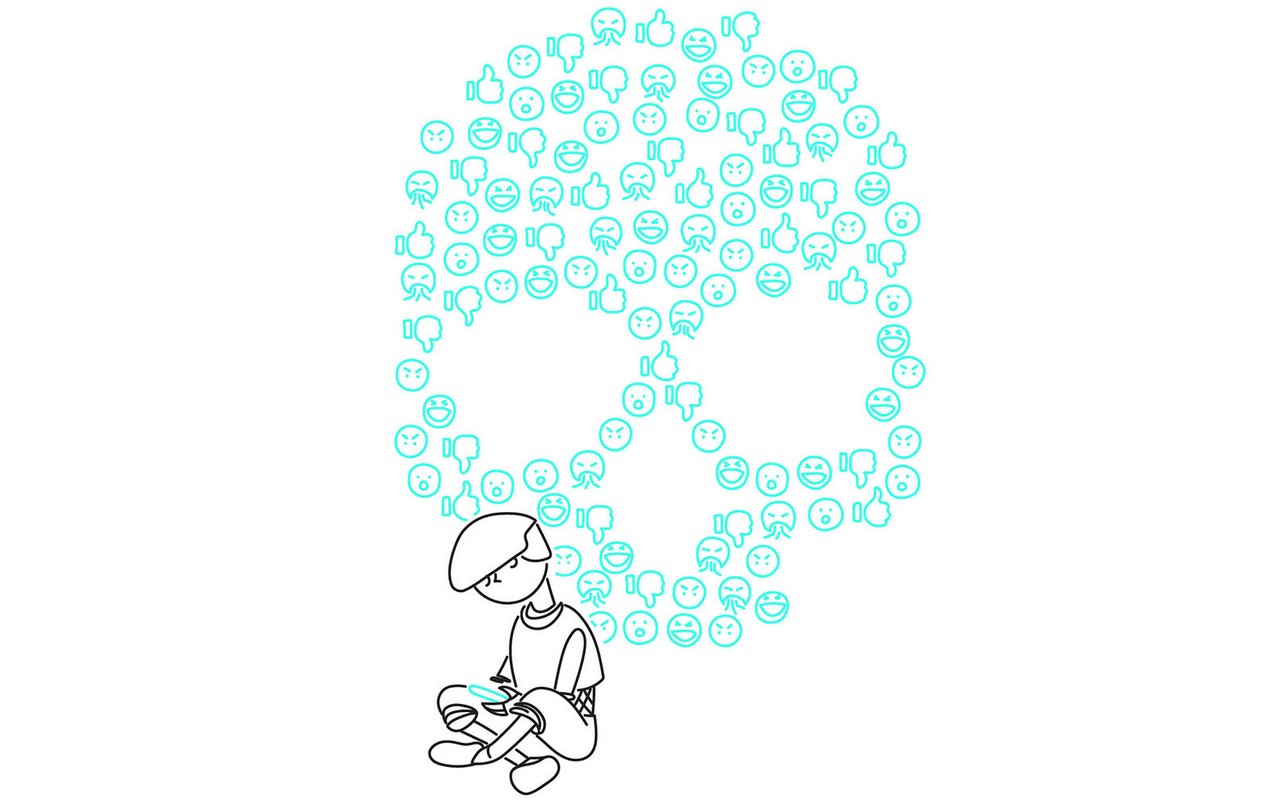- Home
- /
- Dr Mark van Rijmenam, CSP
Dr Mark van Rijmenam, CSP
Dr. Mark van Rijmenam is a strategic futurist known as The Digital Speaker. He globally ranked as the #1 futurist. He stands at the forefront of the digital age and lives and breathes cutting-edge technologies to inspire Fortune 500 companies and governments worldwide. As an optimistic dystopian, he has a deep understanding of AI, blockchain, the metaverse, and other emerging technologies, blending academic rigor with technological innovation.
His pioneering efforts include the world’s first TEDx Talk in VR in 2020. In 2023, he further pushed boundaries when he delivered a TEDx talk in Athens with his digital twin, delving into the complex interplay of AI and our perception of reality. In 2024, he launched a digital twin of himself, offering interactive, on-demand conversations via text, audio, or video in 29 languages, thereby bridging the gap between the digital and physical worlds – another world’s first.
Dr. Van Rijmenam is a prolific author and has written more than 1,200 articles and five books in his career. As a corporate educator, he is celebrated for his candid, independent, and balanced insights. He is also the founder of Futurwise, which focuses on elevating global knowledge on crucial topics like technology, healthcare, and climate change by providing high-quality, hyper-personalized, and easily digestible insights from trusted sources.
Below, you can read all his articles.









